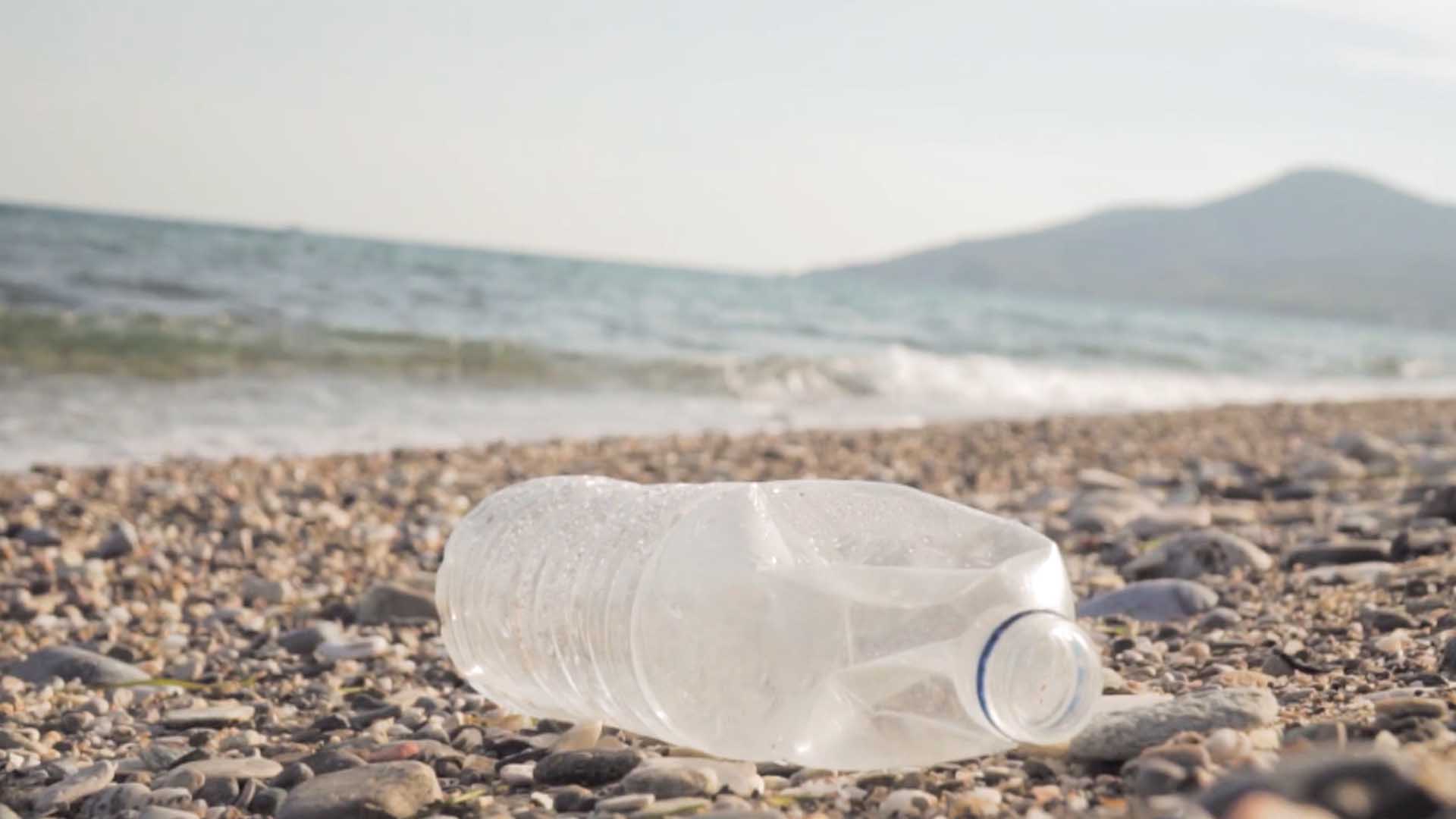Holcim Philippines and social enterprise Human Nature have teamed up to lessen plastics going to landfills with the former using used shampoo bottles and other plastic packaging as alternative fuels in making cement.
Leading building solutions provider Holcim Philippines, Inc. and natural personal care and home care social enterprise brand Human Nature have agreed to partner in sustainable waste management with the former using the latter’s used plastic packaging as alternative fuel in cement manufacturing.

Under the partnership, customers may turn over their dry, empty, and clean Human Nature bottles to the company’s select Metro Manila stores* under its “Balik Bote” initiative. The used bottles will then be delivered to Holcim’s plant in Norzagaray, Bulacan, where the materials will be shredded by Geocycle, the company’s partner waste management unit. Afterwards, the pre-processed materials will be used as alternative fuels and raw materials for cement manufacturing using co-processing technology.

Geocycle Vice President Frederic Vallat: “We are proud to be a partner of Human Nature, a company that is serious in its commitment to have a positive social impact and be respectful of nature. We share the same commitments at Holcim Philippines and are glad to help in their efforts to address the waste management challenge in the country.”
Human Nature President Anna Meloto-Wilk on the partnership with Geocycle: “We have been looking for a credible recycling partner for a long time who can help us manage our plastic waste and stay true to our commitment to steward the environment. We are so happy to have a partnership with Geocyle who shares our passion for stewardship and high quality. We hope many other companies will likewise discover the benefits of extending our responsibility not just to the products that we make but also the waste we generate.”

Human Nature’s “Balik Bote” initiative is part of the company’s thrust to help lessen wastes ending up in landfills. Aside from this, they also follow pro-environment practices such as ensuring that raw materials are naturally derived, processed with less energy and waste, and contain no harmful chemicals toxic to humans and the environment. Human Nature is also one of the pioneers of safe, sustainable, and accessible refilling stations for home care products that significantly reduce plastic waste. Other landmark efforts include transitioning to earth-friendlier paper packaging and shifting to plastic bottle-free products in waterless formulation such as natural shampoo bars which they launched late 2019.
Meanwhile, the use of alternative fuels and raw materials using co-processing technology is a key driver of improving Holcim Philippines’ sustainability performance.
Co-processing allows the company to produce cement with lower carbon footprint, reduce its consumption of non-renewable resources and provide partners a sustainable alternative for managing their wastes. In co-processing, qualified waste materials are pre-processed as alternative fuel and fed into the high-temperature kilns along with other traditional fuels to produce cement. This process transforms wastes to alternative fuel and converts these into energy for cement production. The technology is recognized globally and is approved by the Philippine authorities due to its proven advantages in environmental and safety performance.
In 2019, Holcim Philippines pre-processed as alternative fuel the segregated wastes of several local governments near its plants in Luzon and Mindanao and expressed readiness to help more communities on this matter. The company has also co-processed tens of thousand tons of non-recyclable plastics as it continues to provide waste management services to partners in various industries.
*bit.ly/BalikBoteFAQ








